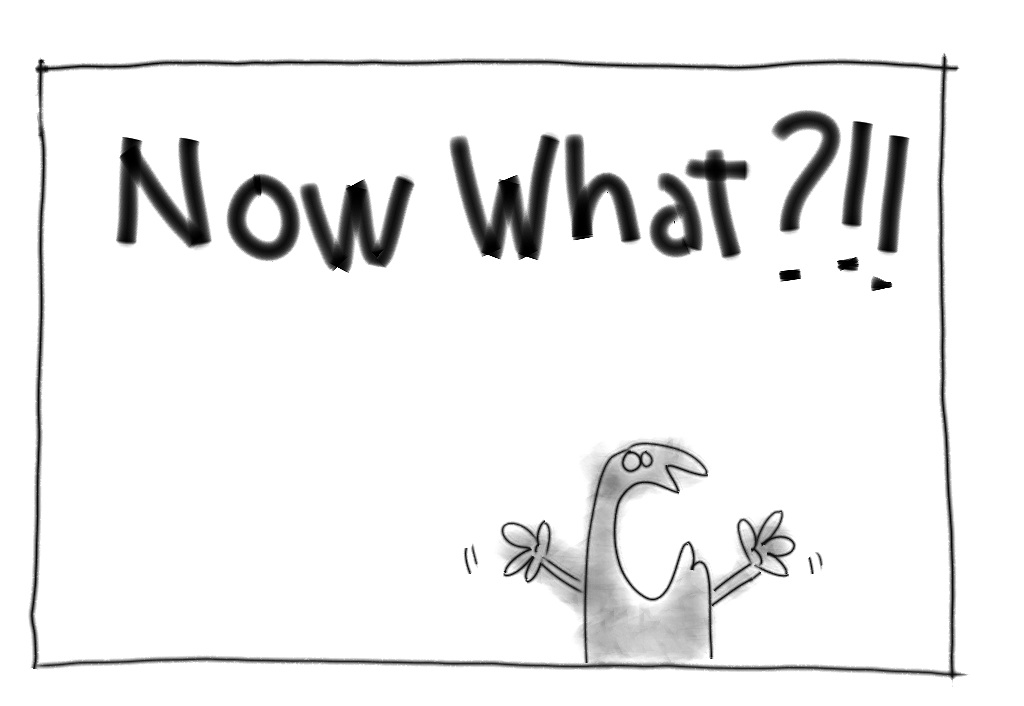The topic that I’ve been exploring is how to create an environment where students are encouraged to be reflective and given the time to engage in reflection. In thinking about how to do this, I carelessly never thought about going to the students themselves to hear their thoughts. I didn’t think I would be able to get much from them because of their young age (Grade 3). However, talking to my students about reflection was a great place to start as it helped me to understand what they think and feel about the topic. Here are some of the trends I found after speaking to some of my students about reflection:
- They all saw reflection as a form of looking back
- The amount of reflection they thought they did ranged anywhere from daily to weekly
- Reflection was mentioned specifically in regards to reading and writing the most
- Reflection was often discussed as being done at school, one student mentioned doing it at home with parents
- They thought the challenges of reflecting were remembering what you did before and not knowing if your reflection is right or wrong
- Things that helped them reflect were writing things down and going back to review old work
As I reflected on these findings, I thought about the following:
I liked that my students defined reflection as “looking back”. I think this is the important first step that is involved in reflection. However, I think there is more involved as we don’t passively look back, we make judgements as we look back and develop next steps. These are important parts of reflection, so I need to help students understand these aspects as well.
It was interesting to hear them refer to reading and writing the most. As I thought about this afterwards, I realized we do the most amount of formal reflection in these subject areas in our classroom. I think it’s important that I provide more opportunities for students to reflect in other disciplines as well.
I liked that one student mentioned reflecting at home. I would love to facilitate this more so that students engage in reflection more often with their parents. I know there are structured ways to do this, such as student-led conferences, but I’m wondering about other informal opportunities that can be encouraged at home.
The challenges my students mentioned are valid. It is difficult to remember what you did in the past. I think this is why timely reflection is important. It was also interesting to hear about the worry of being right or wrong. Reflecting can be scary because there is no right answer. How as a student do you know if you are on the right track with the judgements you make and next steps? Teacher conferencing becomes an important aspect here in order to ensure students are effectively engaging in the reflection process. I think it’s also important that I work with my students to ensure they feel ok with there being no right answer.
Additionally, I liked the point about having the opportunity to review and write things down. This demonstrates why it is important to have things like portfolios, pictures, videos, or pieces of work so students have pieces they can review.
And now the big question that comes after anyone is reflecting on their work and the panic levels begin to rise about all the changes they want to make: NOW WHAT?



Your post really resonated with me @hprosser ! I too am interested in student reflection with younger learners. Sometimes I also struggle with them feeling “ok with there being no right answer” in their reflection but also to re feel like their reflection is productive in the learning process and not just another task to be completed. I’m looking forward to read more about what you learn and discover!
You also mentioned “I know there are structured ways to do [reflect], such as student-led conferences, but I’m wondering about other informal opportunities that can be encouraged at home.” We haven’t done this at our school but I am wondering about some Seesaw reflections being done at home so that what is discovered there can be shared at school. Just food for thought!
Don’t worry about “NOW WHAT?” that’s what this Saturday is for 😉
Well done @hprosser ! It’s funny how we, as teachers, often just assume we know how are students feel without ever asking them. Congrats on taking the leap!
As for the “they find it hard to remember”, I know some math courses are now being “spiraled” so key concepts keep coming back up throughout the year. For example, if there are 3 main concepts in a math course, they would spend the first 1/3 of the course introducing this topics at a very high level, then circle back and teach the same concepts again on a deeper level in the next third of the course, then conclude the year but circling back once more at the depth needed for students to have success at the next grade level. Perhaps something like this could work for certain concepts in grade 3 in order to help them remember concepts more efficiently and effectively?
Congrats on your successes so far, keep it up! See you Saturday.
Hi @hprosser, I teach Grade 2 and reflection is a big part of our program. I have used a couple of ways to reflect with my littles that might be of use to you. One was to share a key term or concept with parents and ask them to ask their child about it at home. Parents were provided with some prompts – what was challenging, what did you like about… We have a communication tool with our community that allows us to post videos, pictures, announcements etc and I send messages home on that. I have also sent home a reflection piece to be completed at home with the parent as a scribe where students answer thought-provoking reflective questions after the first day of school! Nothing rocket-science-like – but might be something to add to your toolkit!